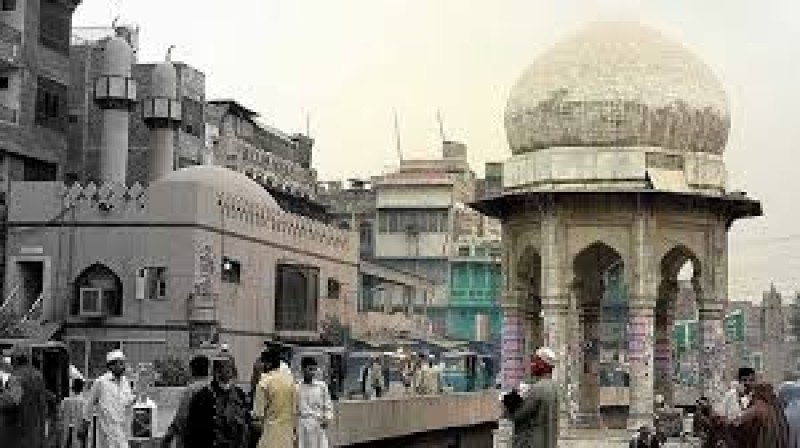1. Peshawar History
Unveiling the Rich History of Peshawar

Peshawar, the capital of Khyber Pakhtunkhwa province in Pakistan, is one of the oldest cities in South Asia, with a history that spans over 2,500 years. Its strategic location has made it a cultural crossroads for various civilizations, leaving a rich tapestry of historical influences.
Ancient Origins: Peshawar, known as Purushapura in ancient times, was a significant city in the Gandhara region. It was an important center of Buddhist learning and culture, as evidenced by the numerous stupas and monasteries in the area. The city flourished under the Kushan Empire, particularly during the reign of King Kanishka in the 2nd century CE, who promoted Buddhism and established Peshawar as a major hub of Buddhist art and education.
Medieval Era: With the arrival of Islam in the region, Peshawar became a key city for various Muslim empires. The Ghaznavids, Ghurids, and later the Delhi Sultanate, all recognized its strategic and cultural importance. In the 16th century, the Mughal Empire under Babur established control over Peshawar, incorporating it into their vast empire. The Mughals left a lasting architectural legacy, including the Bala Hissar Fort and the Mahabat Khan Mosque.
Colonial and Modern Times: In the 19th century, Peshawar came under British control after the Second Anglo-Sikh War. The British used the city as a military outpost and administrative center, further shaping its urban landscape and infrastructure. Following Pakistan's independence in 1947, Peshawar became a significant city in the newly formed country. Today, it continues to be a vibrant cultural and economic hub, reflecting its rich historical past while embracing modernity.

